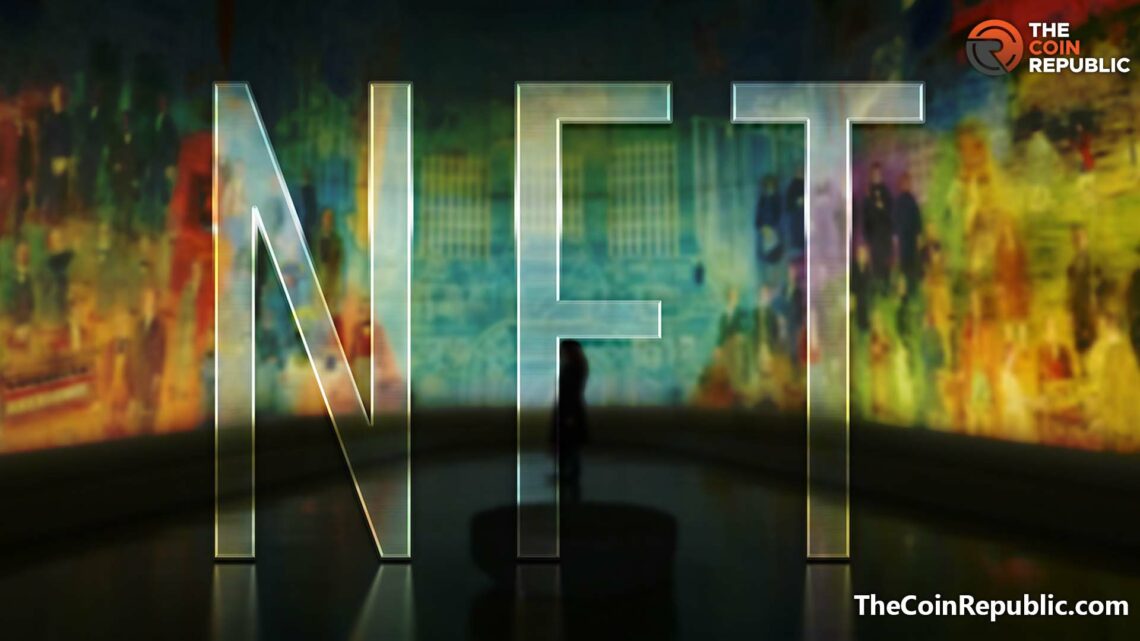- NFTs are digital assets that are powered by blockchain technology.
- NFT-Banking will allow users to store digital assets.
- It has benefits along with drawbacks that can be curbed with time and innovation.
What are NFTs?
Non-Fungible Tokens, or NFTs, are a new type of digital asset powered by blockchain technology. They are unique, non-interchangeable tokens that can represent digital items like art, music or digital collectibles as well as physical items like real estates or cars. Recently, NFTs have been gaining attention as a potential addition to traditional banking services.
The NFT based banking platform will allow users to store their digital assets in a secure, encrypted wallet that can be accessed anywhere in the world with an internet connection. NFT based banking is still in its early stages but it’s expected to grow quickly over the next few years.
Benefits Associated With NFT Based Banking
- NFTs are immutable and indestructible, meaning they cannot be lost or stolen or counterfeited like plain money. Additionally, this banking eliminates the need for middlemen, such as credit card companies, to process payments. Transactions become faster, cheaper and extra secure.
- NFTs can be used to create digital currencies. These digital currencies could be used to facilitate transactions and payments, as well as to store, transfer, and exchange value between customers and banks. This could potentially revolutionise banking, as it would allow banks to provide seamless, secure and instant transactions to their customers.
- In addition to being used for payments, NFTs could also be used to create digital asset-backed tokens. These tokens could represent real world assets like stocks, bonds and even real estate. This could open up a world of new investment opportunities for banks and their customers.
- Customers can trade digital assets without worrying about losing value from fluctuations in exchange rates. They can even offer loans backed by these digital assets which would be unique.
- Finally, NFTs could be used to facilitate lending and borrowing.This would allow banks to access capital from a global pool of investors. This could dramatically increase the availability of credit and create new opportunities.
Drawbacks Associated With NFT Based Banking
- The first use-case for NFTs was for digital collectibles– like Pokemon cards or Crypto NFTs. They haven’t been fully tested yet outside of their initial use cases.
- The technology still needs work:The technology behind NFTs is still evolving rapidly, which means that there are still bugs and security concerns that need to be dealt with before they can be used at scale by large institutions like banks or exchanges.
- There’s no standard. There currently isn’t any kind of standard protocol for managing NFTs across different countries.
Conclusion
NFTs have the potential to revolutionise banking, providing banks and their customers with new and innovative ways to store, transfer and exchange value. NFT based banking could provide faster, more secure transactions, asset backed tokens and access to a global pool of capital.The potential of NFT based banking is immense, and it is sure to have a major impact on the banking industry in the years to come.

With a background in journalism, Ritika Sharma has worked with many reputed media firms focusing on general news such as politics and crime. She joined The Coin Republic as a reporter for crypto, and found a great passion for cryptocurrency, Web3, NFTs and other digital assets. She spends a lot of time researching and delving deeper into these concepts around the clock, and is a strong advocate for women in STEM.


 Home
Home News
News










